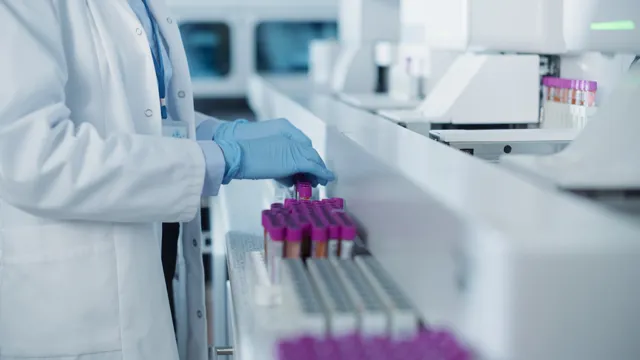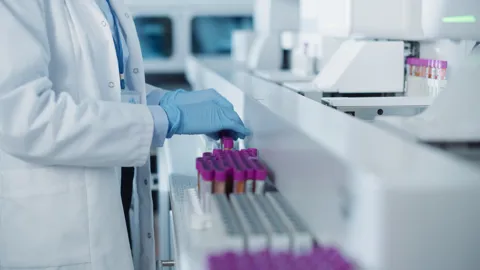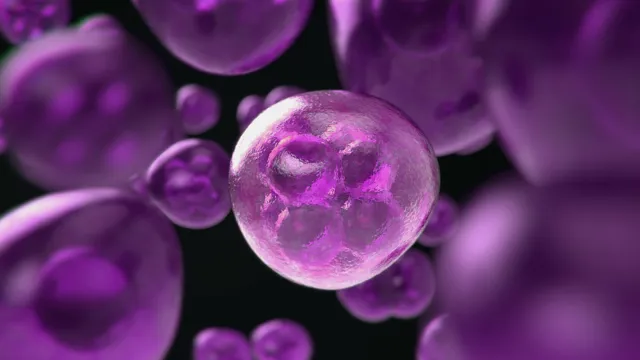

Read the full article in The Australian
When Melbourne resident Peter Moulding joined a clinical trial for a new pancreatic cancer treatment, he didn’t know what to expect. Diagnosed with stage 4 metastatic pancreatic cancer, he faced one of the toughest cancers to treat, where survival rates have barely improved in decades.
Today, his scans show no detectable cancer. Peter is in complete remission.
“I actually called the pathologist and said: Are you sure you’re looking at the right specimen?”
- Dr Prasad Cooray, Medical Oncologist, Epworth (as quoted in The Australian July 2025)
Peter's case is one of only two known instances worldwide of a pathalogical complete response to a drug called AMP945, developed by Australian biotech company Amplia Therapeutics. This outcome where no cancer cells remain detectable after treatment is virtually unhear of in metastatic pancreatic cancer.
A new type of treatment
The ACCENT clinical trial tested a new combination therapy - AMP945 alongside standard chemotherapy - for patients with pancreatic cancer.
AMP945 is a FAK inhibitor, a type of drug designed to target and soften the fibrotic shield that surrounds pancreatic tumours. This dense tissue barrier often blocks chemotherapy drugs from reaching cancer cells effectively.
By breaking down this fibrotic wall, AMP945 allows drugs to penetrate tumours more efficiently and potentially transform how pancreatic cancer is treated.
According to The Australian, the Phase 2 ACCENT trial involved 22 participants. Remarkably, two people, including Peter, experienced complete responses, while 16 others saw varying degrees of tumour shrinkage. Oncologists have described these results as “highly promising” and a reason for genuine optimism.
From lab to life: How Pankind helped this happen
The science behind AMP945 builds on years of foundational research by Professor Paul Timpson and his team at the Garvan Institute of Medical Research. Their pioneering studies have focused on overcoming the dense fibrotic environment that limits treatment effectiveness in pancreatic cancer.
Our investment in innovative, targeted science, particularly work that aims to improve how existing therapies can reach and treat tumours, has always been driven by one goal: better outcomes for people diagnosed with pancreatic cancer.
A step towards progress
Peter's story brings hope to the pancreatic cancer community. As the third-deadliest cancer in Australia and the most challenging common cancer to treat, survival rates have shown little improvement in more than 15 years.
That's why moments like this really matter.
This isn't just one man's story. It is evidence that innovation, collaboration and sustained research funding can change the outlook for pancreatic cancer, and a reminder to keep pushing forward as the progress we make today can save lives tomorrow.
Looking ahead
For Pankind, Peter’s story underscores why our work matters. The progress made through AMP945 didn’t happen overnight. It's the result of years of research, collaboration, and patient's who put their trust in science.
Peter’s story reminds us that innovation, persistence and continued investment in research can change lives.


